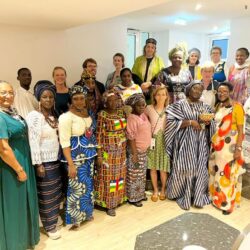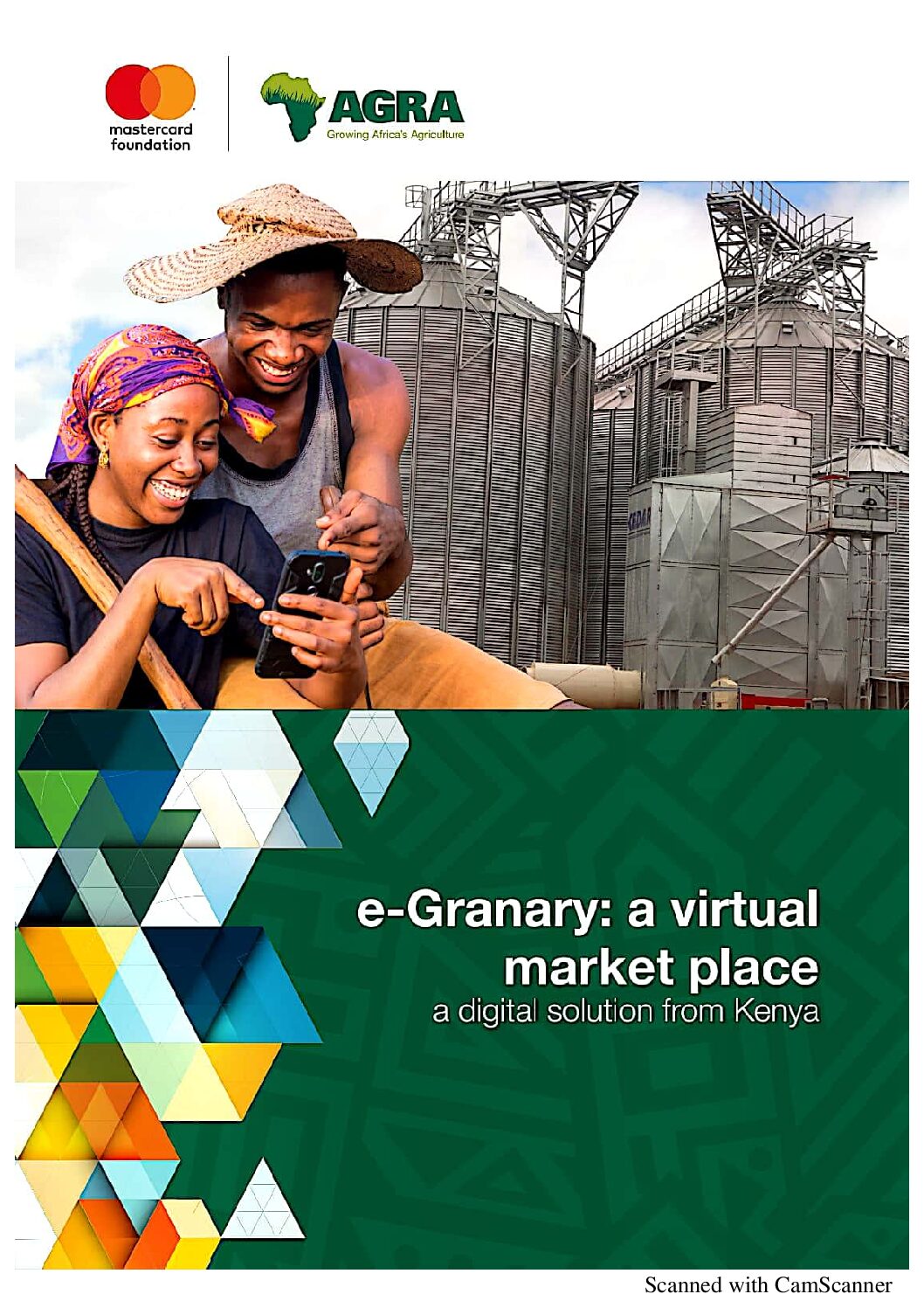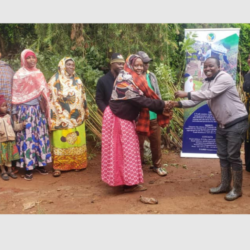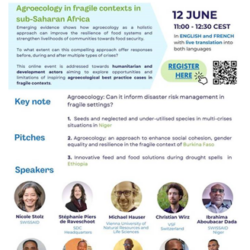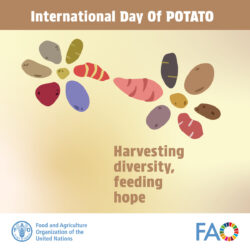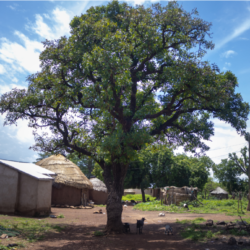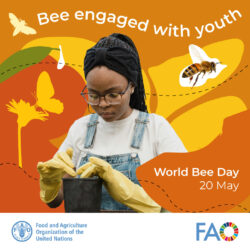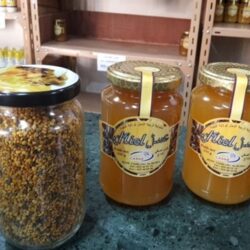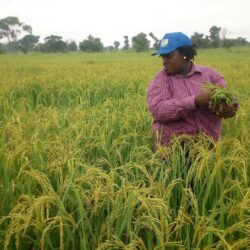Free farmland, for free trees
Walk just a little bit outside the community of Gamoa Onyadzie in the Central Region of Ghana, and you’re likely to come across government-owned forestation projects — tracts of land where the government is planting trees to establish forests. The community is host to a large-scale partnership with the Forestry Commission of Ghana that, if successful, could redefine how forestation projects are done in the country. For years, the community


